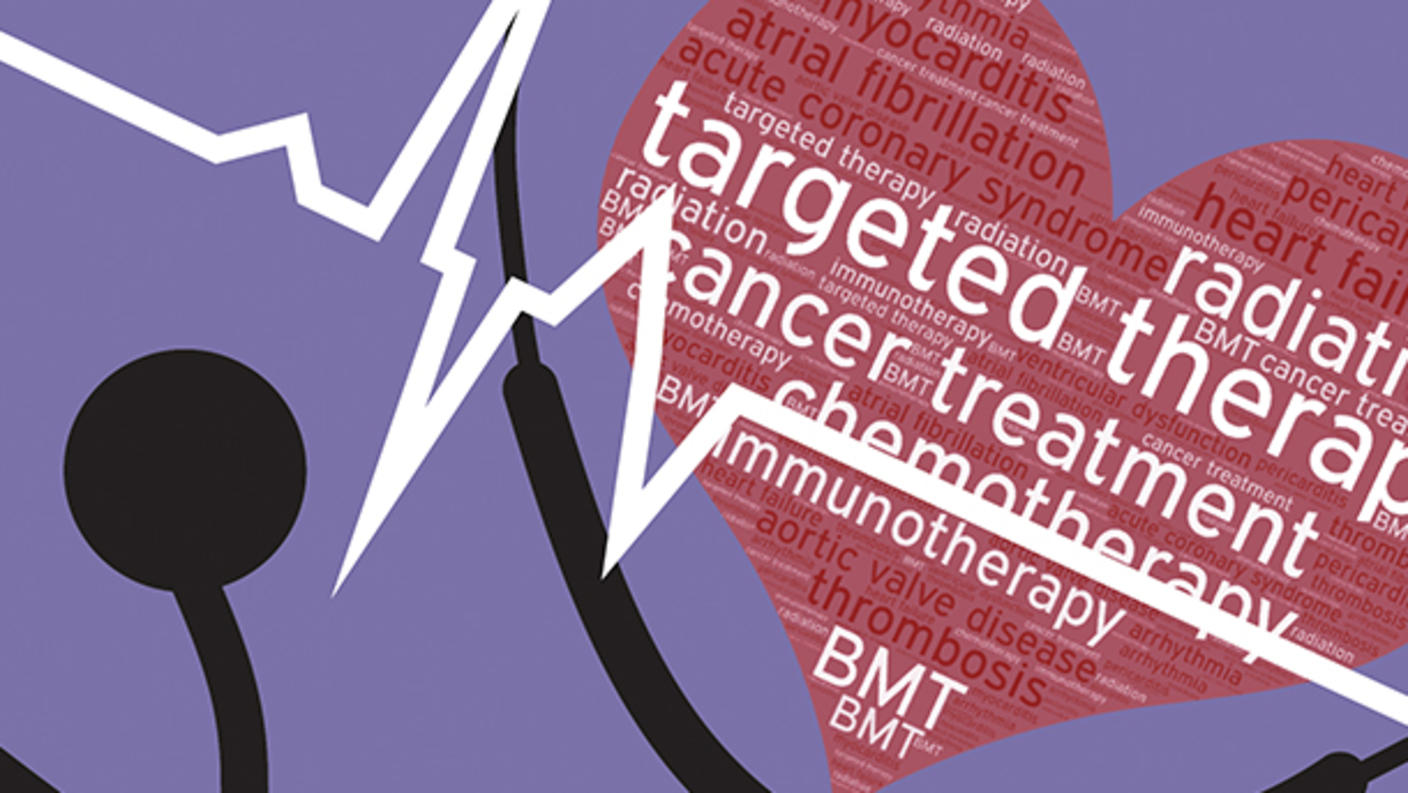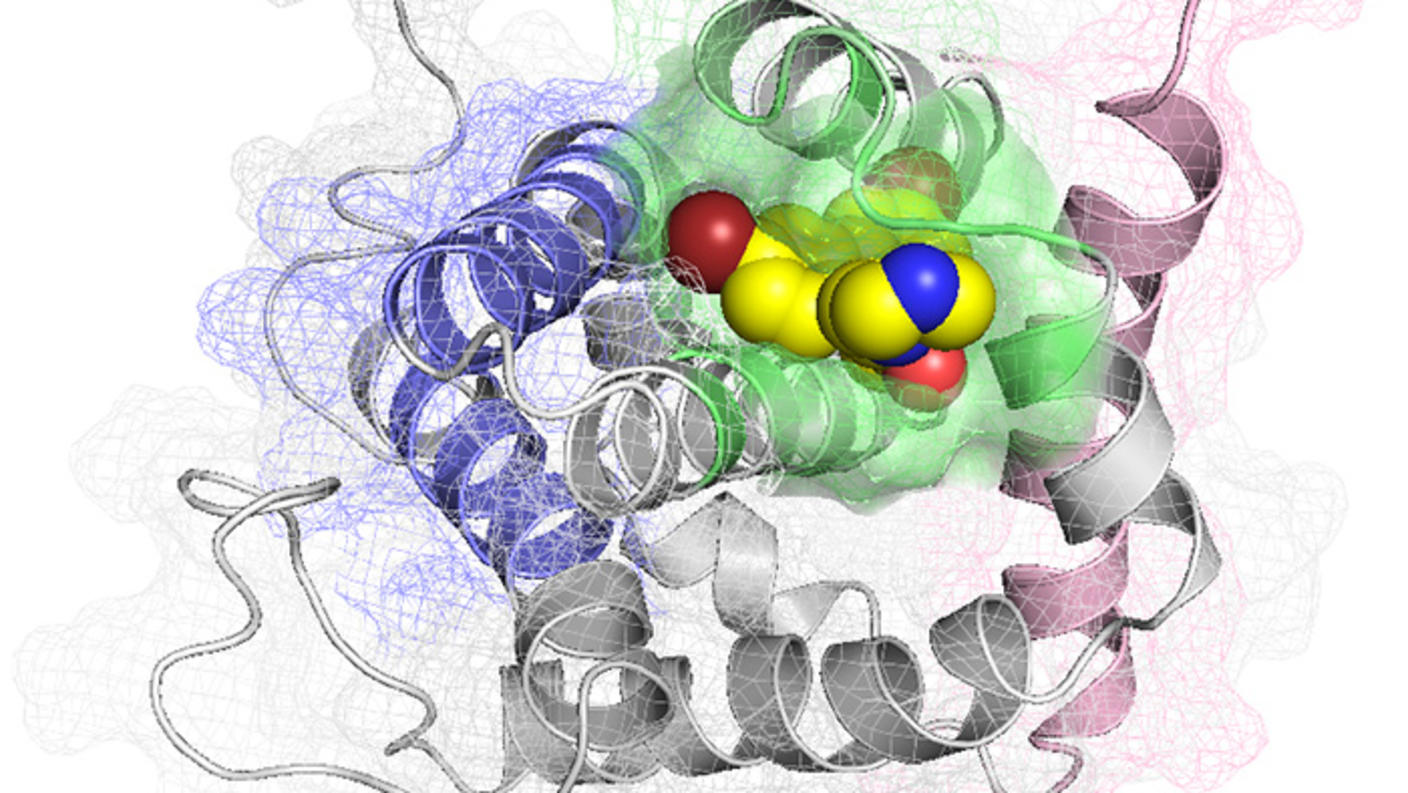Cholesterol Drug May Help Protect the Heart during Chemotherapy for Lymphoma
, by Edward Winstead
A cholesterol-lowering drug may help reduce the risk of heart failure in people with lymphoma who receive chemotherapy drugs called anthracyclines, results from a clinical trial suggest.
Anthracyclines, such as doxorubicin, are used to treat many types of cancer. But these drugs may affect the heart’s ability to pump blood, potentially leading to heart failure.
In the trial, atorvastatin (Lipitor) was found to reduce the risk of some cardiac changes linked to heart failure among patients treated with anthracyclines.
Atorvastatin is the most commonly prescribed type of statin, a class of cholesterol-lowering drugs used to help prevent heart disease. Participants were randomly assigned to receive either atorvastatin or a placebo for a year, starting before their first anthracycline infusion.
After a year, people in the atorvastatin group were less likely to have had declines in an indicator of cardiac health called left ventricular ejection fraction. Ejection fraction measures the heart’s ability to pump blood to other parts of the body. As the ejection fraction dips, the risk of heart failure increases.
The results, which appeared in JAMA on August 8, may support the use of atorvastatin in some patients with lymphoma who are at risk of developing heart problems due to treatment with anthracycline-based chemotherapy, the authors concluded.
“We believe that some patients with lymphoma being treated with a certain type of cancer drug called anthracyclines may benefit from the statin therapy,” said study co-leader Tomas Neilan, M.D., of Massachusetts General Hospital.
The statin therapy was also “very safe,” he added. The rates of side effects, such as muscle pain—a common side effect of statins—were similar between the two groups.
For people who are already taking statins when they are diagnosed with lymphoma, the new results would support the continuation of statins throughout anthracycline-based chemotherapy, Dr. Neilan noted.
He cautioned, however, that the current findings apply only to patients with lymphoma, because similar studies have not been conducted for patients with other cancers.
The cardiac side effects of cancer treatments
Anthracyclines, which include daunorubicin, doxorubicin, and epirubicin, damage the DNA in cancer cells, causing the cells to die.
“Anthracyclines are a class of very powerful cancer drugs that have been used since the 1970s,” said study co-leader Marielle Scherrer-Crosbie, M.D., Ph.D., of the Hospital of the University of Pennsylvania in Philadelphia.
These medicines are part of standard chemotherapy regimens used primarily to treat some breast cancers, lymphomas, leukemias, and sarcomas, Dr. Scherrer-Crosbie added.
Within a year of starting anthracyclines, about 20% of patients with lymphoma have a greater than 10% decline in left ventricular ejection fraction, studies have found. Within 5 years, up to 20% of high-risk patients develop heart failure.
Research in cells and in mice has suggested that statins may help protect the heart during anthracycline-containing chemotherapy. There is also evidence from clinical trials that heart failure may be less common in people with cancer being treated with anthracyclines who are also regularly taking statins for heart disease than in those who do not.
Who should get statins?
Atorvastatin had previously shown promise as a way to protect the heart in a small study involving people with various cancers. Based on that research, Dr. Scherrer-Crosbie and her colleagues selected atorvastatin for the current trial.
The study, called Statins TO Prevent the Cardiotoxicity from Anthracyclines (STOP-CA) trial, enrolled 300 people with lymphoma. Most participants had non-Hodgkin lymphoma, the median age was 52, and most were White.
Overall, 13 of 150 (9%) patients in the atorvastatin group had decreases of more than 10% in left ventricular ejection fraction, compared with 33 of 150 (22%) in the placebo group.
These results demonstrate that statins can prevent or lessen the severity of cardiac side effects caused by anthracycline-containing chemotherapy, said Patrice Desvigne-Nickens, M.D., a medical officer and program official at the National Heart, Lung, and Blood Institute who studies heart failure but was not involved in the trial.
“It’s not yet clear, however, how best to use statins in patients being treated with anthracyclines,” she continued. “More studies are needed to determine which patients are most likely to benefit from statin treatments, the optimal doses, and when and for how long statins should be used.”
Dr. Neilan said that since the results were published, several cancer doctors have asked him which patients might benefit from statin therapy. “The answer to this question depends on a person’s risk of heart failure and the dose of anthracyclines,” he said.
For instance, a young patient who has no significant cardiac risk factors is very unlikely to develop heart failure and therefore would be unlikely to benefit from statin therapy, whereas an older patient, who is overweight, and has other cardiac risk factors might derive a benefit, Dr. Neilan explained.
Studying the biology of cardiotoxicity
Chemotherapy can cause or worsen cardiovascular problems, including high blood pressure, abnormal heart rhythms, and heart failure. When cardiac side effects occur during cancer treatment, doctors may decide to interrupt or stop therapy. Symptoms may also arise years after cancer treatment.
Various biological mechanisms could help explain the cardiac side effects of anthracyclines, Dr. Scherrer-Crosbie noted. For instance, studies have explored the role of anthracyclines in increasing the production of molecules called reactive oxygen species that can damage heart muscle cells.
Statin drugs are typically prescribed to lower cholesterol and prevent heart attacks caused by blockages in the coronary arteries. But atorvastatin may benefit people with lymphoma through a different mechanism, the researchers said.
“When we give anthracyclines in animal models, we see inflammation in cardiac muscle cells and some of these cells die,” Dr. Neilan said. “Statin therapy can help dampen this effect.”
By preventing damage to heart muscle cells, atorvastatin may help sustain the pumping function of the heart, he added.
The new results should encourage more research on how to protect the cardiovascular system while treating cancer, Dr. Desvigne-Nickens said. Atorvastatin is already being studied as a way to reduce cardiac side effects in some patients with breast cancer who are being treated with anthracyclines.
“There is much more to learn about the cardiac side effects of current therapies,” Dr. Desvigne-Nickens said. “We also need to be aware of potential cardiac side effects arising from the use of multiple therapies or new treatment strategies.”

